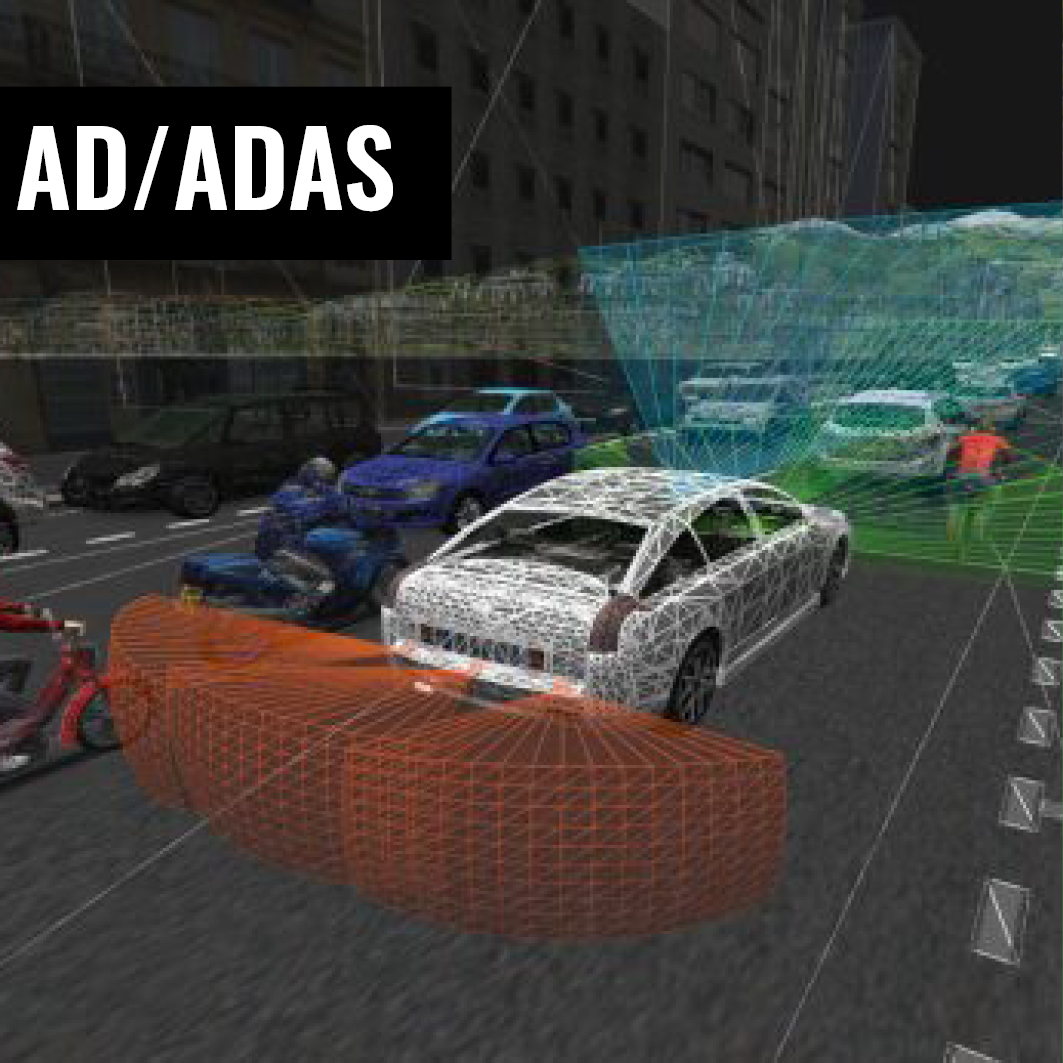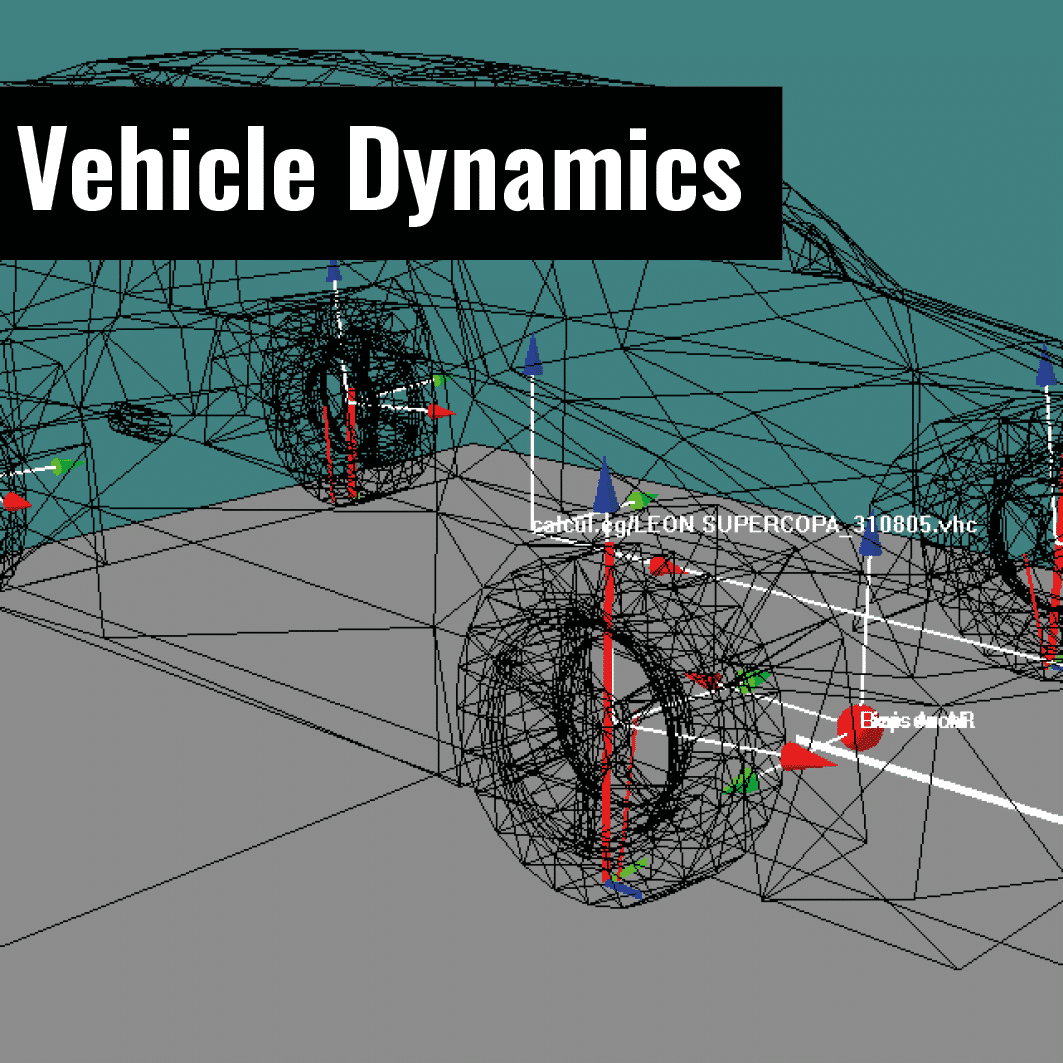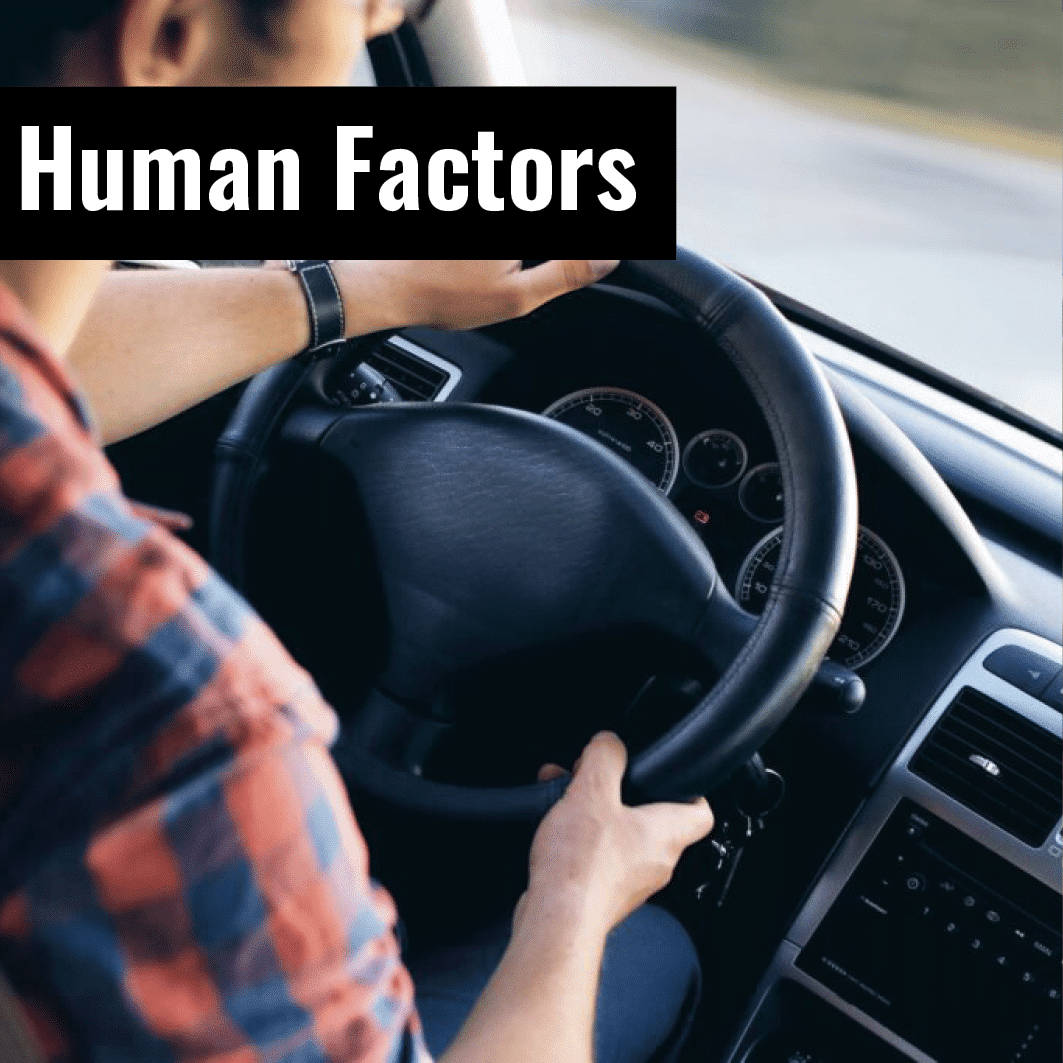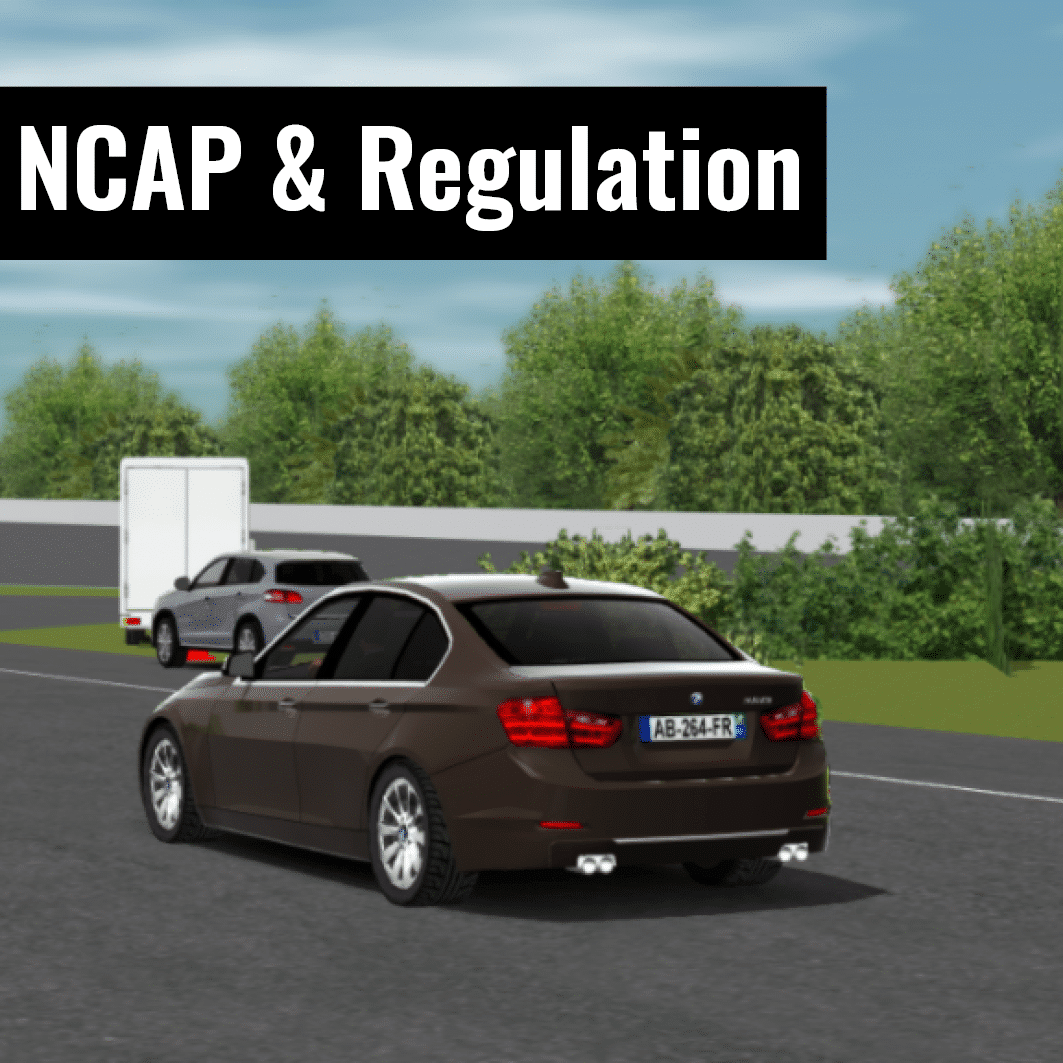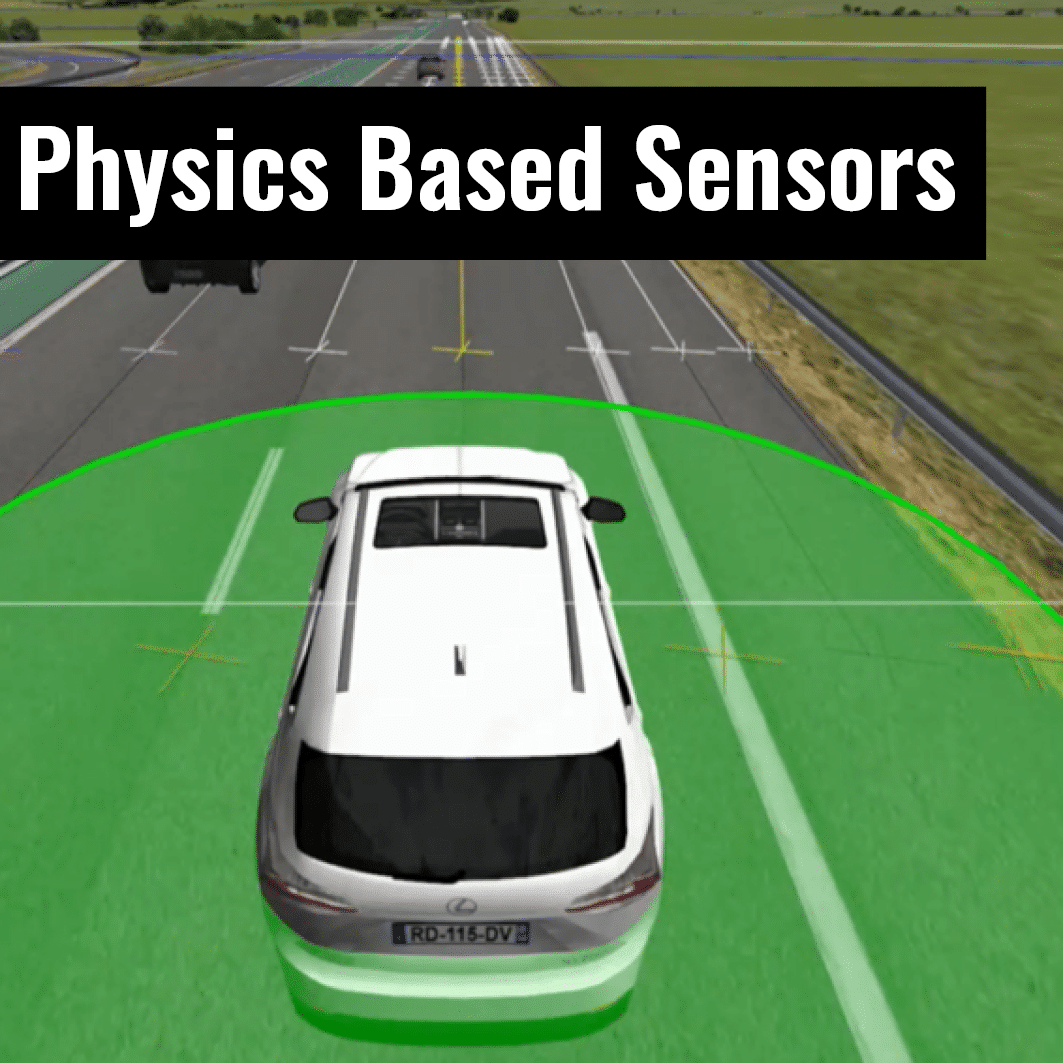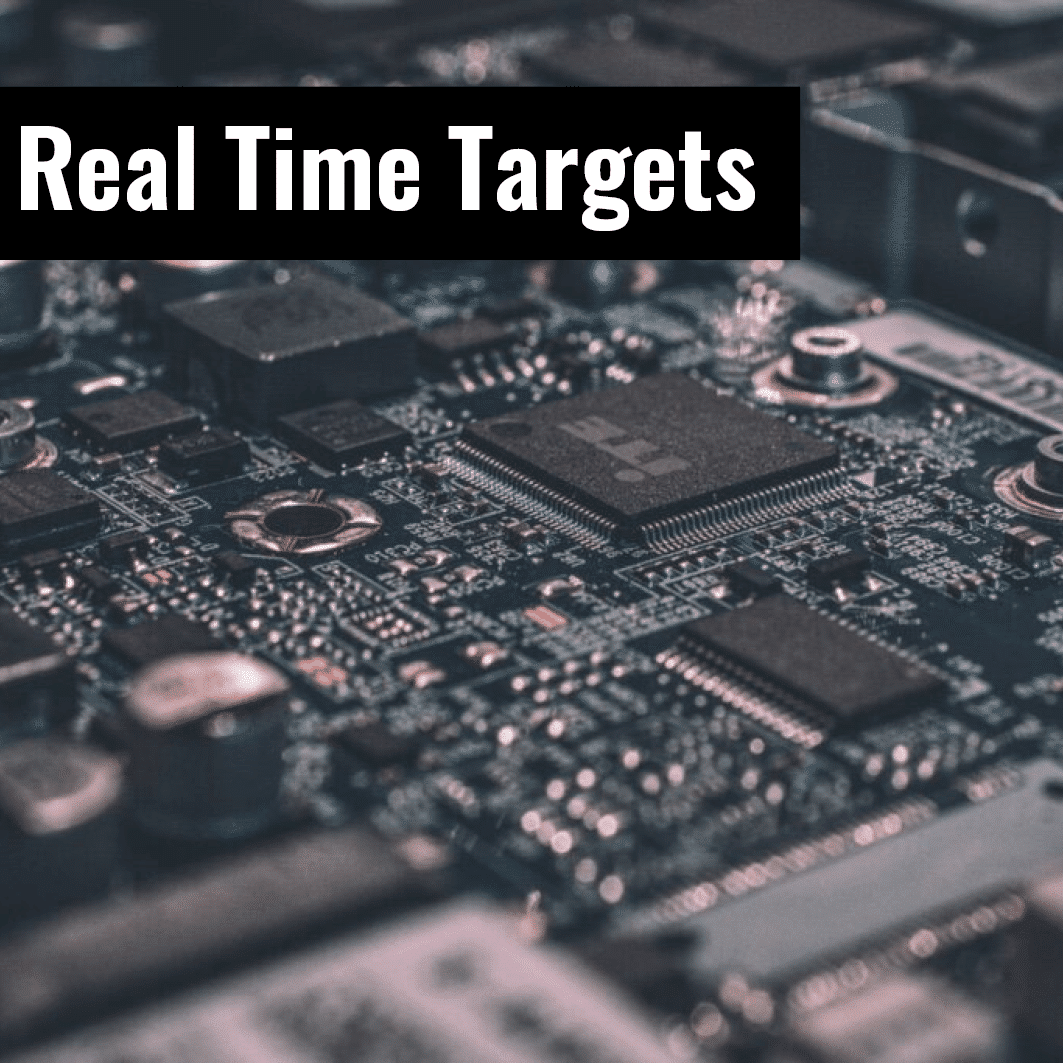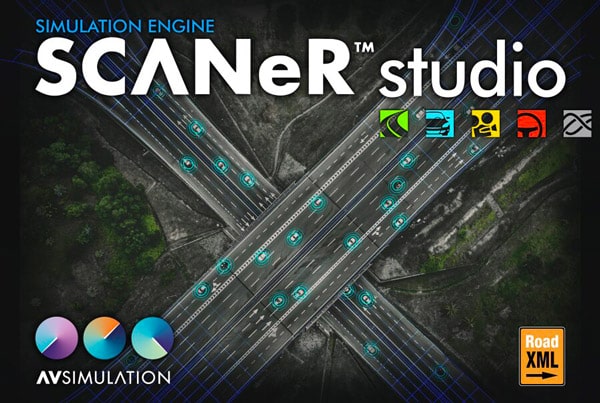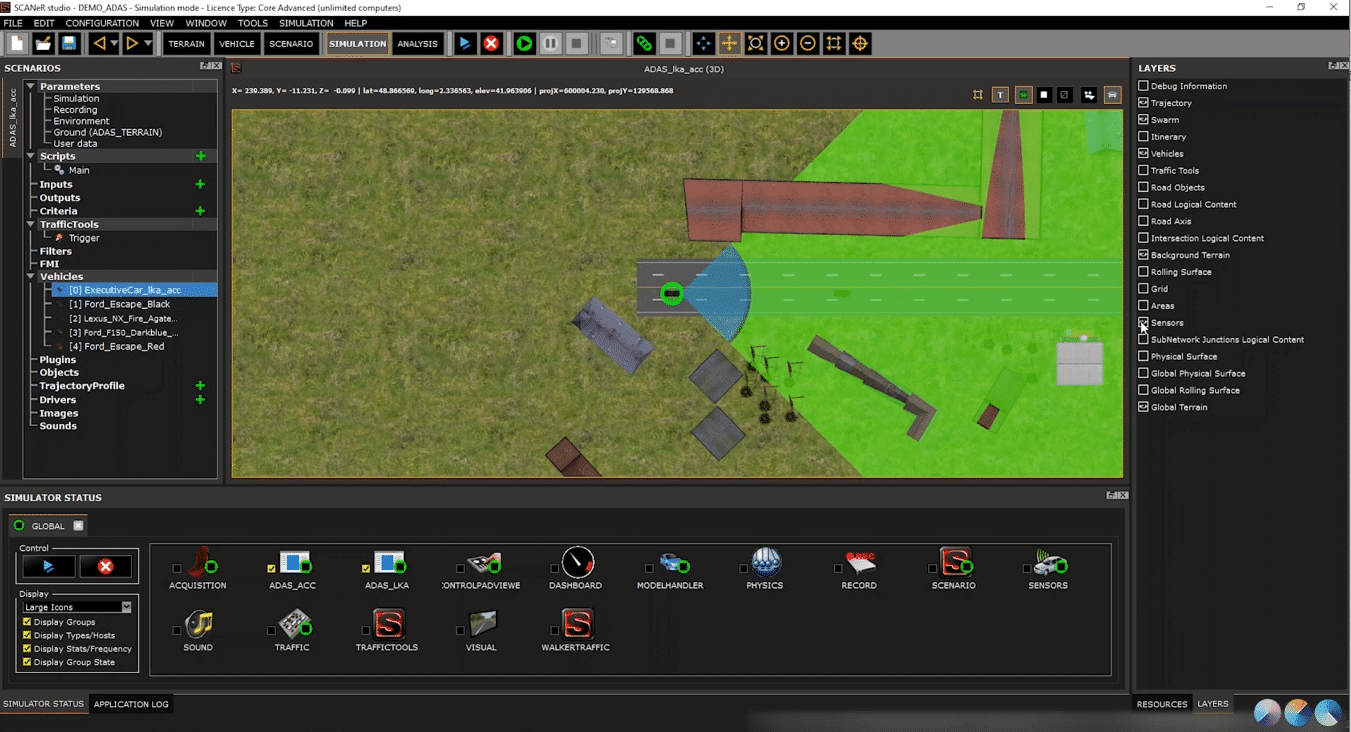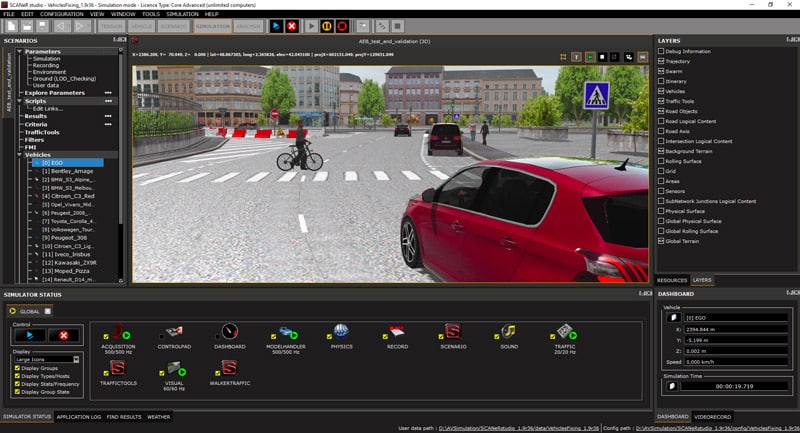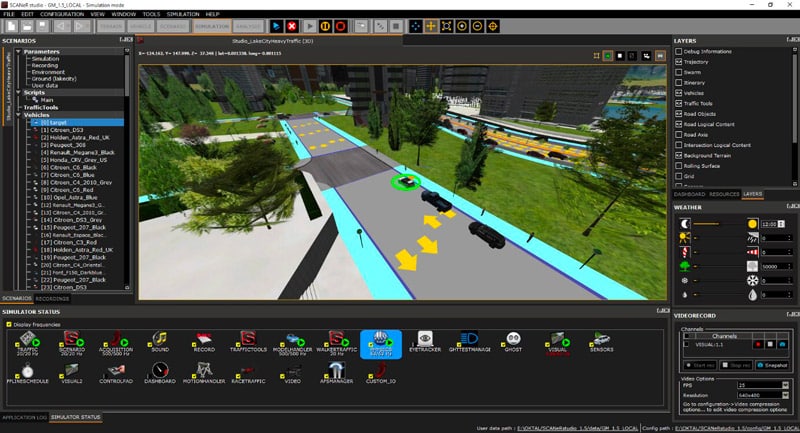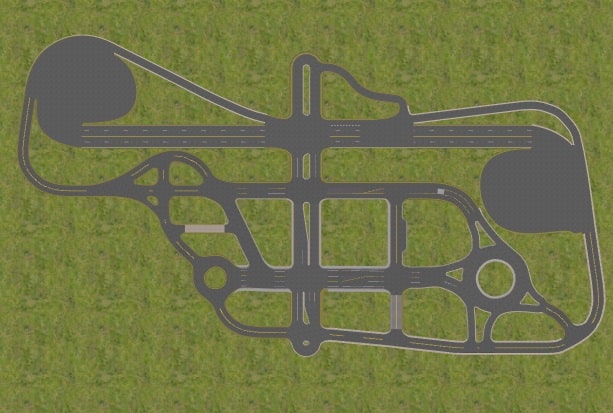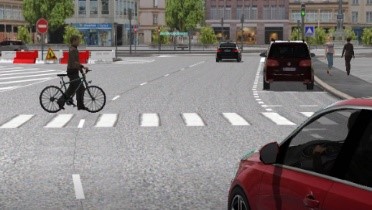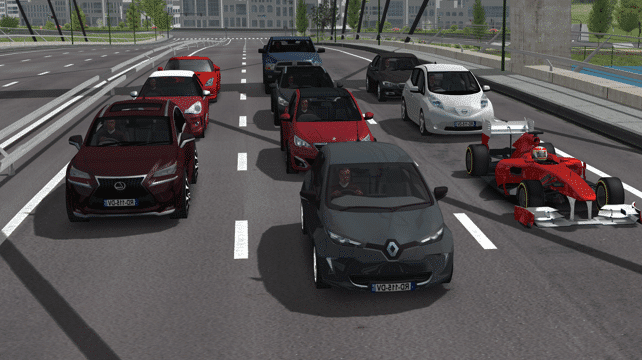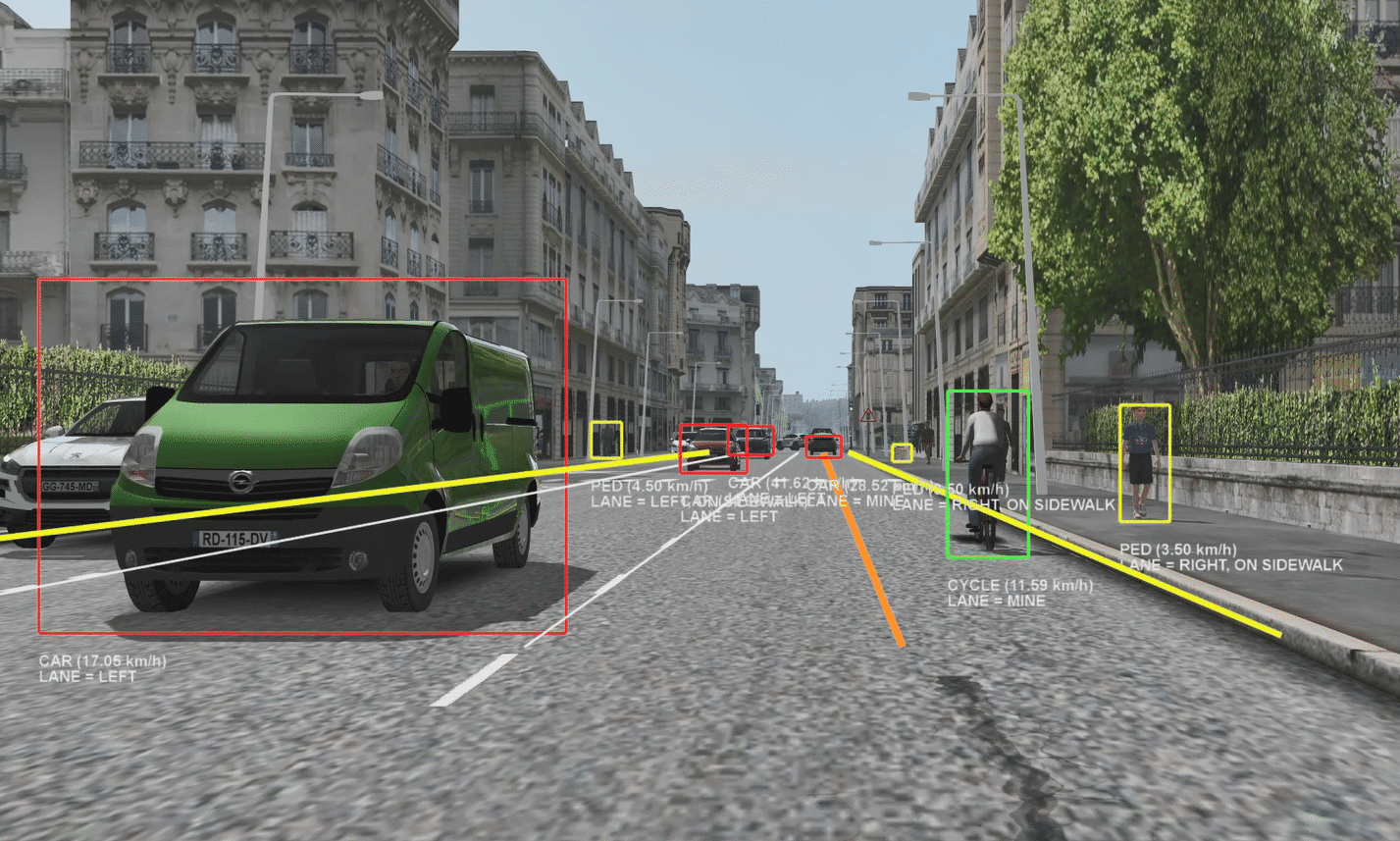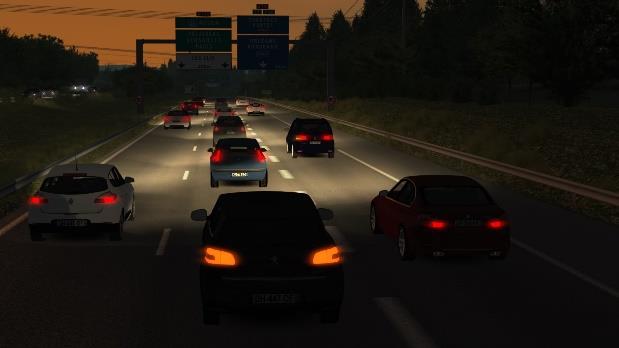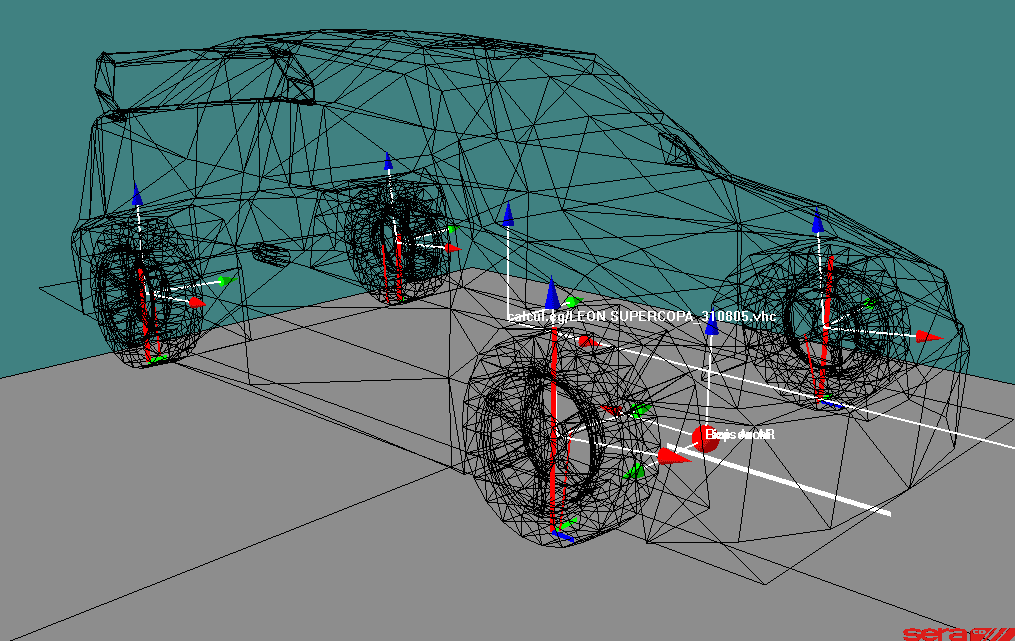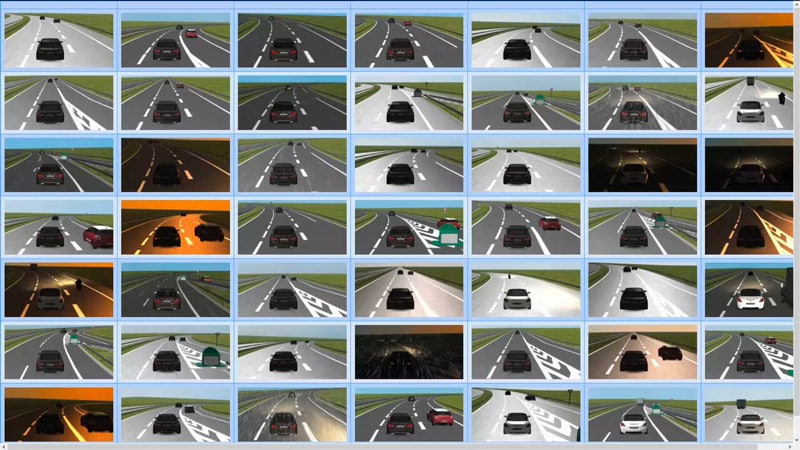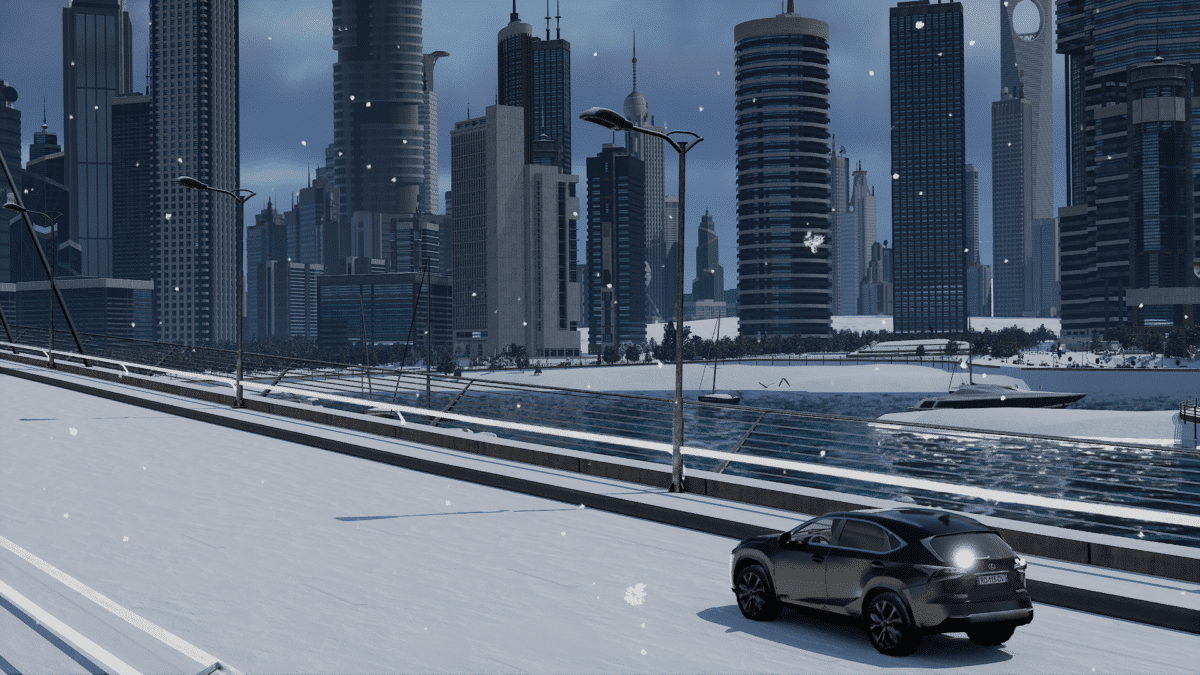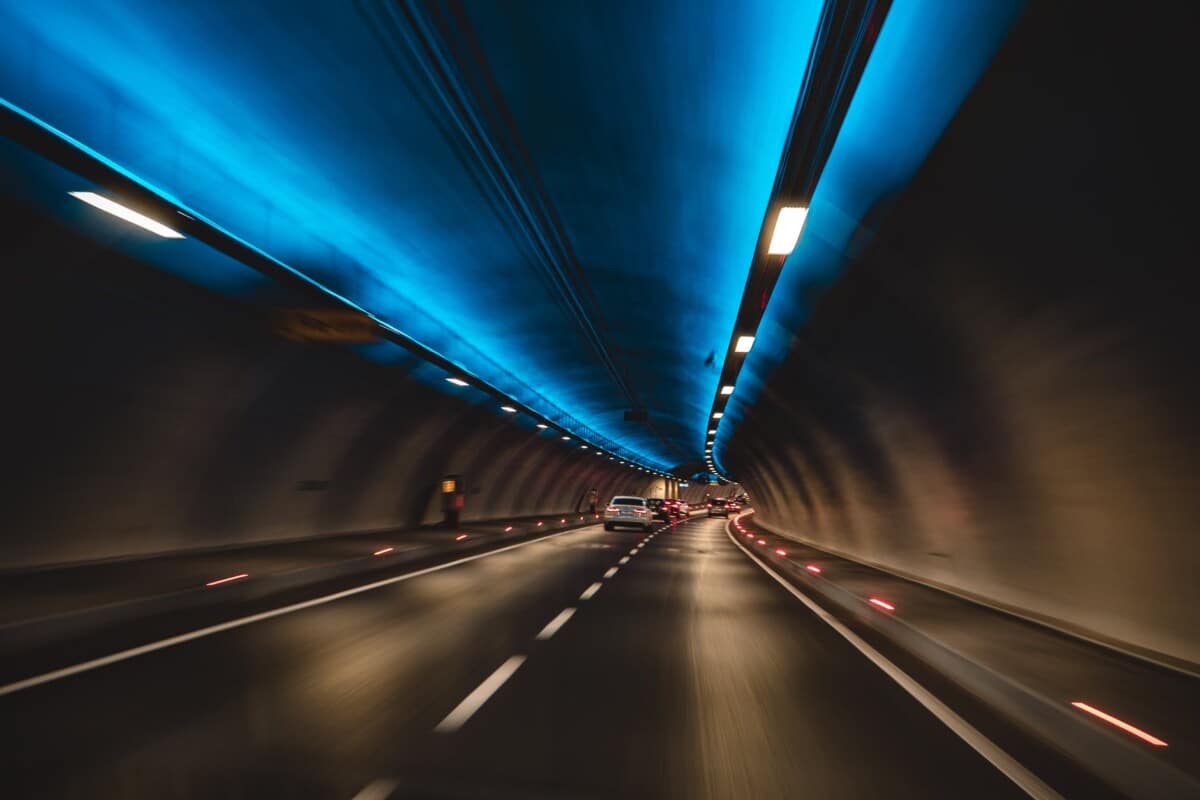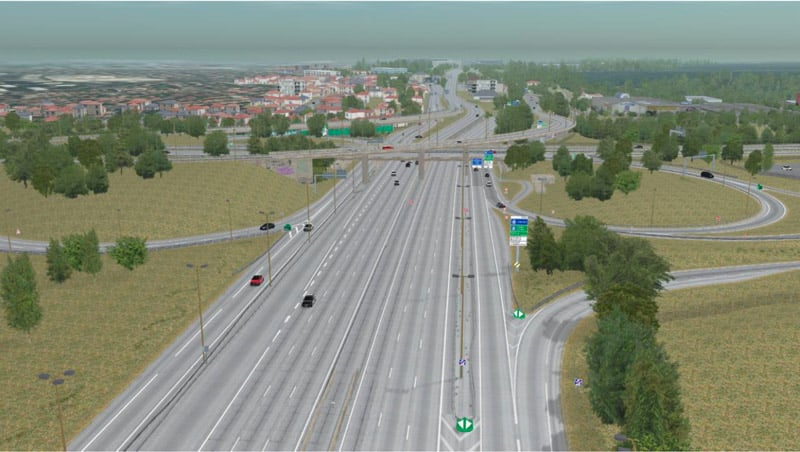SCANeR studio is a very complete software, containing many functions. To manage the configurations well, we offer different types of training to acquire all the knowledge around its functionalities in order to use it in the most optimal way possible and to obtain a good quality and reliability of your uses. Moreover, you will also be in contact with our team and its expertise!
TRAININGS BY PACK
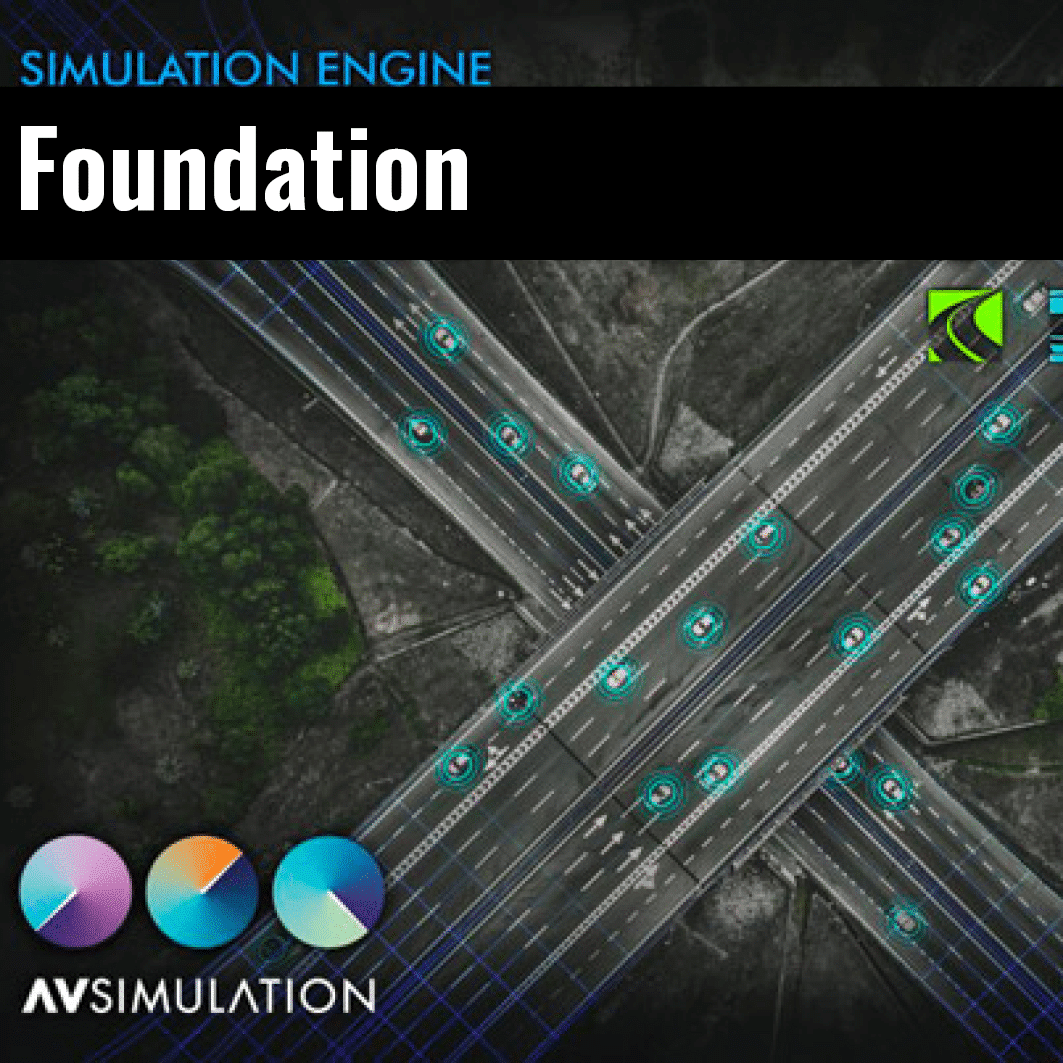
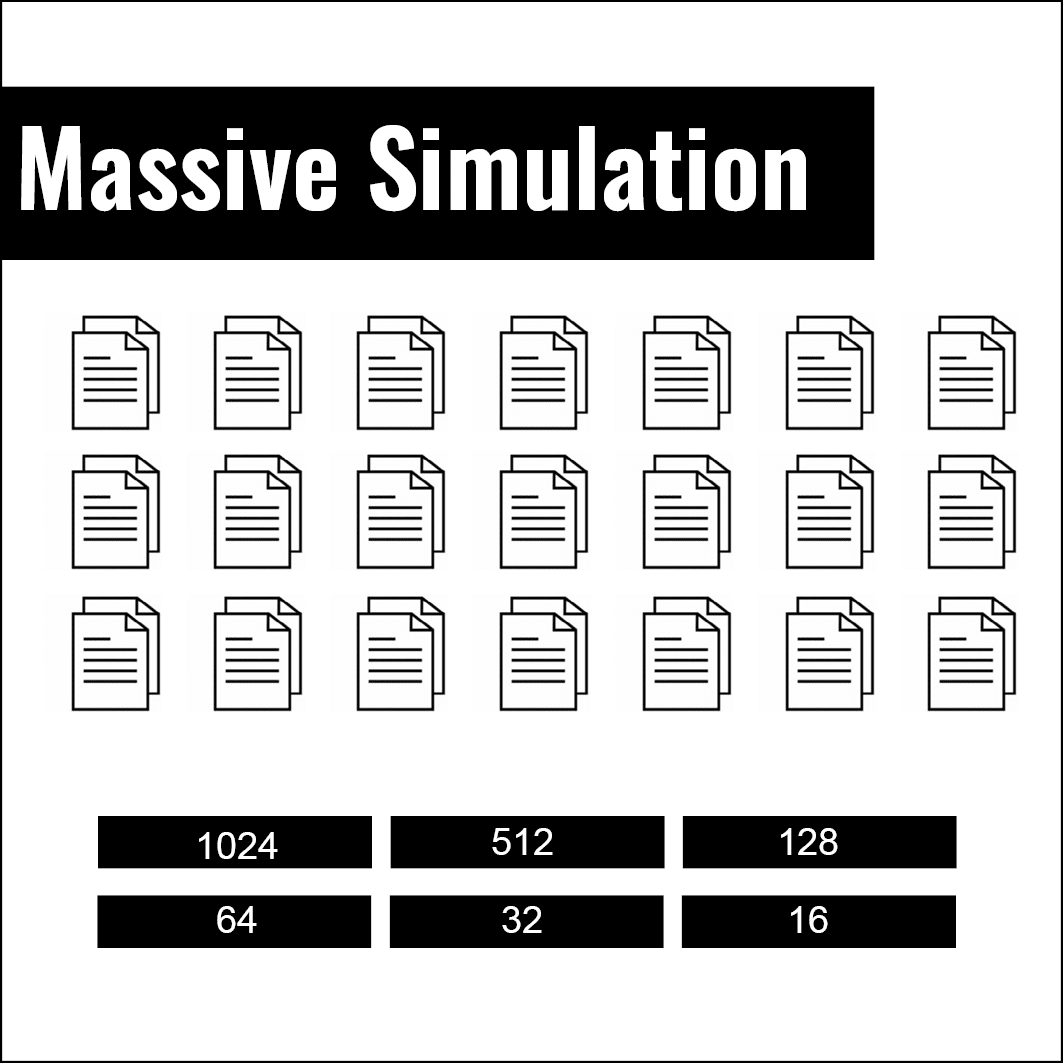
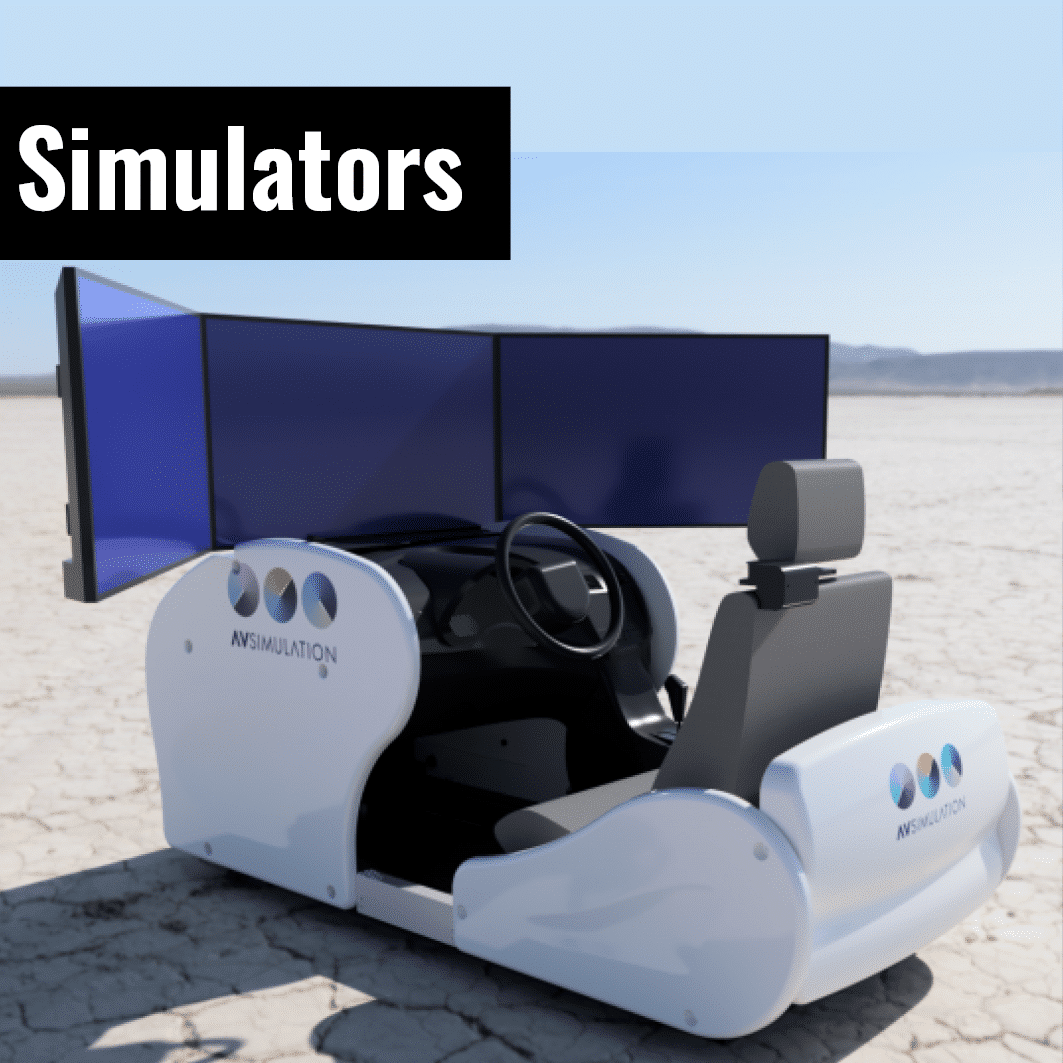
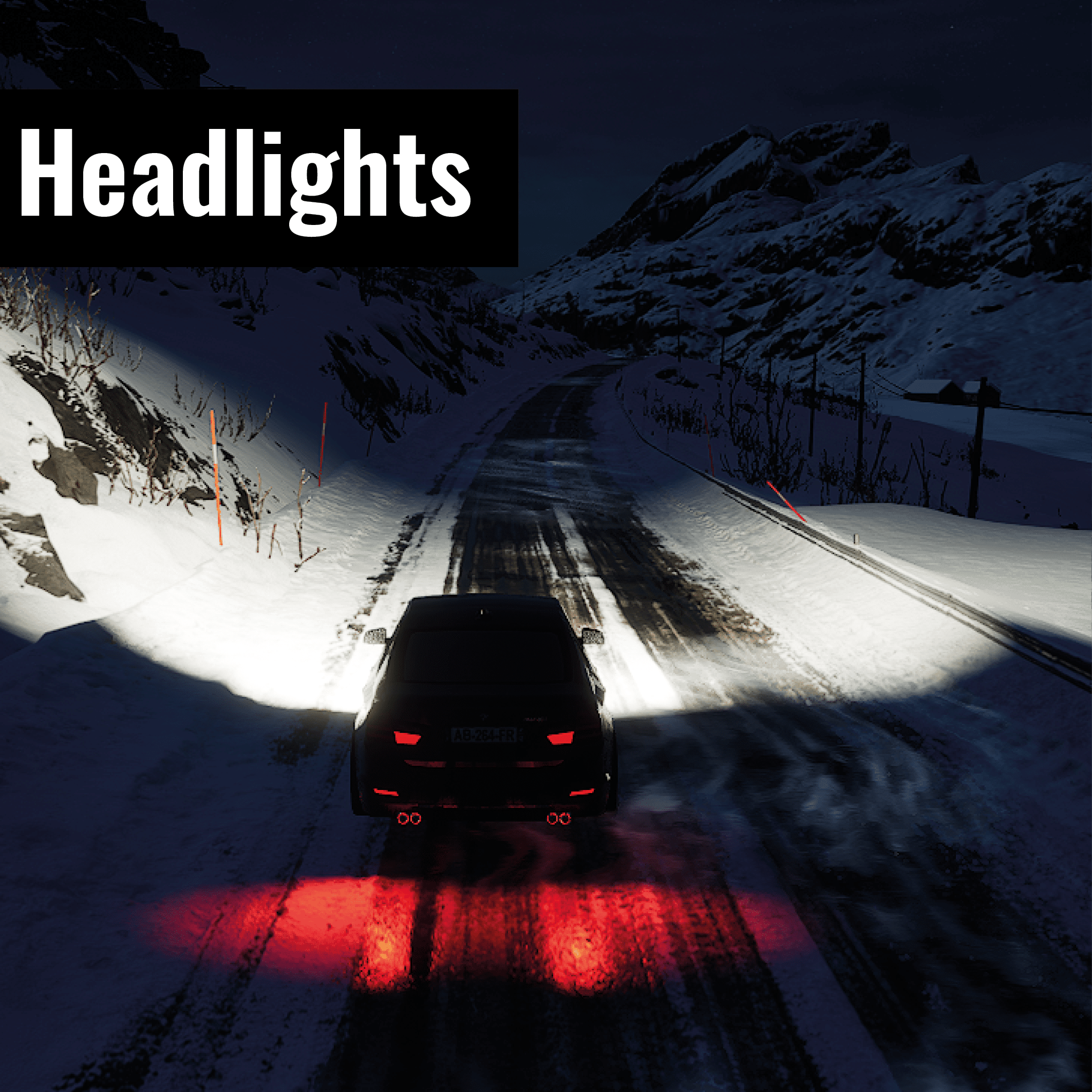
A doubt, consult all our SCANeR packs
Below, you can find the training catalog for SCANeR studio. For more information, don’t hesitate to contact us via the form.
TRAINING REGISTRATION
This catalog lists all available training courses classified by categories and modules.
The training sessions will be organized as follows:
– One computer and one full SCANeR studio license per trainee.
– Access to the AVSimulation integration workshop for practice sessions with SCANeR studio approved material.
– Possibility to meet the SCANeR studio support and development team.
Training sessions will be organized for 1 to 6 students.
TRAININGS CATALOG
| BASIC |
B1: essentials SCANeR studio (2 days)
• Understanding the SCANeR studio modular structure
• Create and manage a configuration
• Start and stop a simulation
• Create a basic experience
• Save, analyze and export data
• Create a basic road network
• Understanding vehicle modeling
• How to find help
| INTERMEDIAIRE |
I1: Standard simulation modules (2 days)
• Design a dashboard
• Bookmark simulation time with time markers
• Set up a radio communication with Intercom
• Set the sound samples
• Save screen content with the screen recorder
• Manage cameras and cockpits
I2: Advanced experiments (2 days)
• Tune the environment and initial conditions
• Control autonomous vehicles and pedestrian’s behavior
• React to events, script the simulation
• Manage the traffic (traffic lights, swarm, sources & sinks)
• Monitor the interactive vehicle (position on the road, relationship with other vehicles)
• Manag infrastructure objects and physics collisions
• Interact with the driver (display text and images, play sound, cabin acquisition)
• Choose data to record for debriefing
• Advanced scripting (tasks, Python)
• Advices for experiment creation
I3: Road networks (2 days)
• Create a road network (axis, profiles, lanes, intersections)
• Add traffic signs, traffic lights and decoration objects
• Edit altitude and banking
• Generate a 3D terrain and a rolling surface
• Convert a 3dsMax object using OSG exporter
• Import Shapefile data
• License needed: Academic Plus or more
I4: SCANeR studio module development (2 days)
• Overview of all the existing API
• Build and use the SDK samples
• Understand SCANeR™studio messages
• Develop a module using C++
• Develop a module using Matlab/Simulink Communicate using
the VEN protocol
• Use Controlpad to spy messages
• Prerequisite: C++ and/or Simulink software programming
knowledge
I5: Acquisition and instrument panel development (2 days)
• Understand UDPCabin protocol
• Develop an acquisition module using LabVIEW
• Configure HumanDriver acquisitions
• Exchange SCANeR™studio messages
• Develop an instrument panel module
• Prerequisite: LabVIEW and software programming knowledge
I6: Vehicle into SCANeR (1 day)
• Understanding the SCANeR vehicle
• Modifying a vehicle model
• Use a model in simulation
• Save / Analyze vehicle data
• Non-real time simulation
• Configuration of simulations
| ADVANCED |
A1: ADAS (2 days)
• Create and manage a sensor configuration
• Start a simulation with sensor modules
• Analyze sensors network messages
• Develop a basic ADAS system
• Prerequisite: software programming knowledge
• License needed: sensors add-on
A2: Headlight / AFS (2 days)
• Understand SCANeR™studio headlight solution
• Create and manage a headlight configuration
• Configure the visual module for displaying headlight
• Start a simulation with NightTestManager module
• Know headlight requirements for 3D databases
• Develop a basic AFS strategy
• Prerequisite: software programming knowledge
• Licenses needed: headlight
A3: Vehicle dynamics (3 days)
• CALLAS Modeling
• Create your own CALLAS model
• Analysis / post-processing tools
• Validation
• Configuration of the simulation
• External dynamic models
A4: HPC (2 days)
• Create a template scenario in SCANeR™studio
• Create a test plan with SCANeR™Explore
• Generate multiple variations of the template scenario
• Start a non-real time simulation
• Launch SCANeR™Compute with different options
• Launch a multi-session of SCANeR™Compute
• Useful for: vehicle dynamics, ADAS development
A5: Unreal development for SCANeR use (2 days)
• Unreal manipulation
• Creating an Unreal project
• Creating an Unreal plugin
• Asset management (Terrain/Car/Object)
A6: Visual display configuration (1 day)
• Understand visual screens computation
• Workshop: configure screens for a CDS
• Workshop: configure a cylindrical screen
• Understand blending issues
• Prerequisite: trigonometry basic
A7: Physics based sensors (1 day)
• Understand the difference between the different sensor levels (L1, L2 and L3)
• Know the different ways to physicalize resources
• Create L2 RADAR, L3 RADAR and L2 LIDAR sensors
• Understand and analyze the outputs of each sensor
A8: Advanced applications (1 day)
• Develop a lane keeping system (steering wheel vibration when out of lane)
• Improve haptic feedback (road surface edition and impacts on sound, steering wheel
and motion)
• Motion effects and motion cueing
• Reduce transport delay to prevent simulator sickness
* The training is done in AVSimulation premises in Boulogne or remotely.
We can also propose Custom Training on demand.


